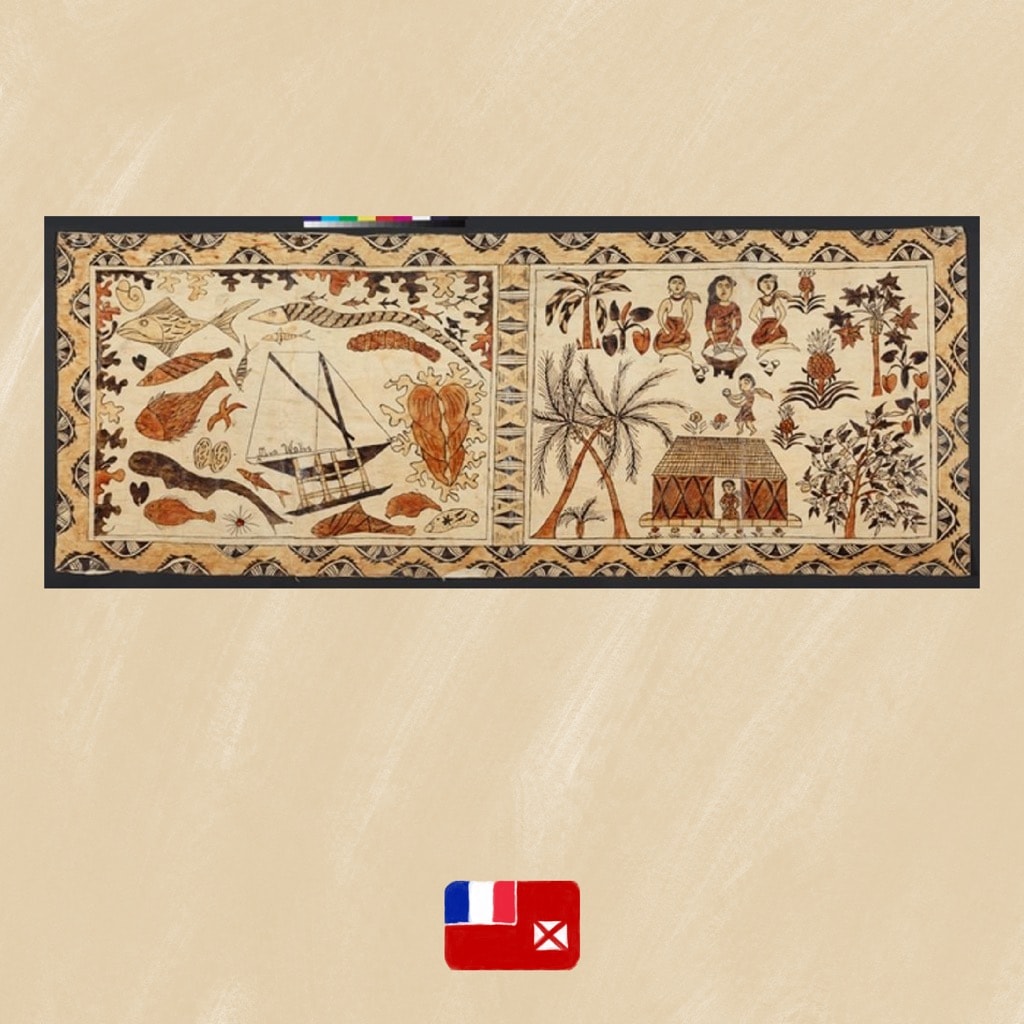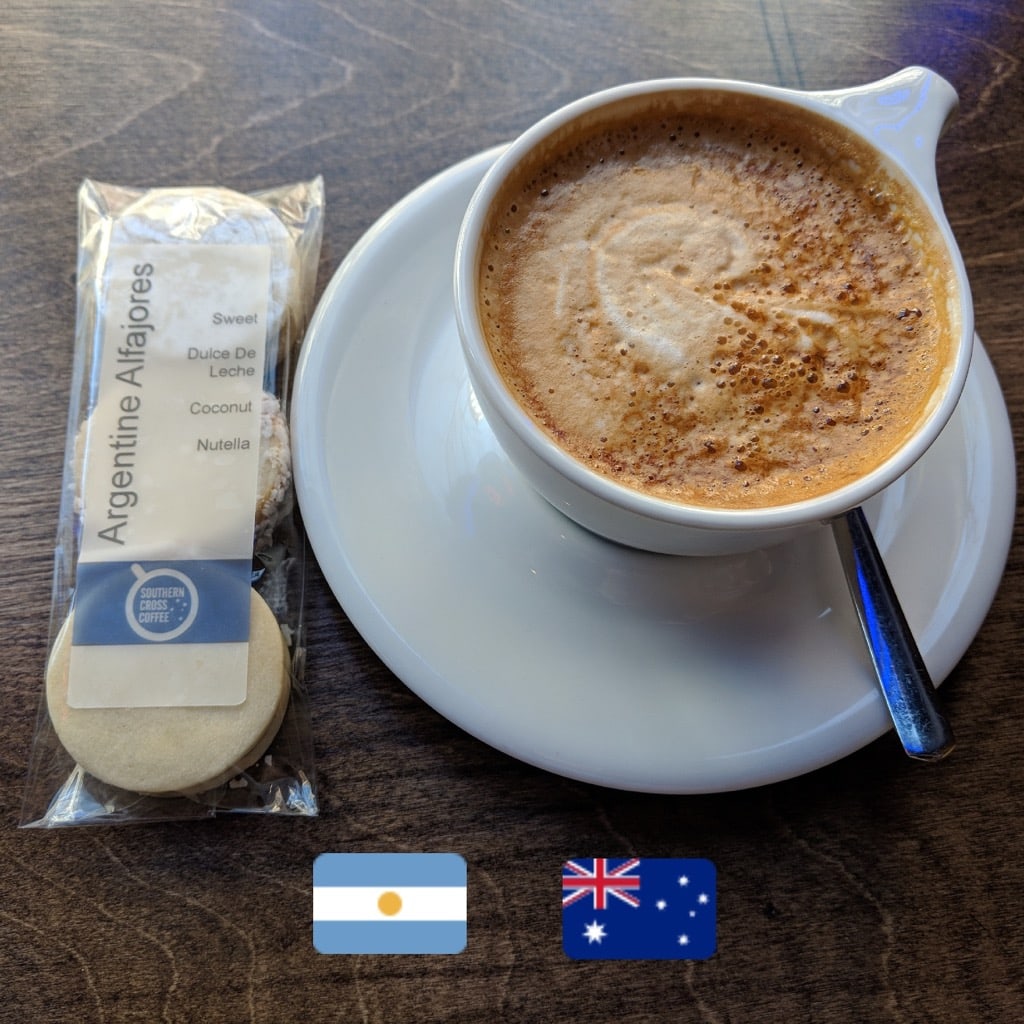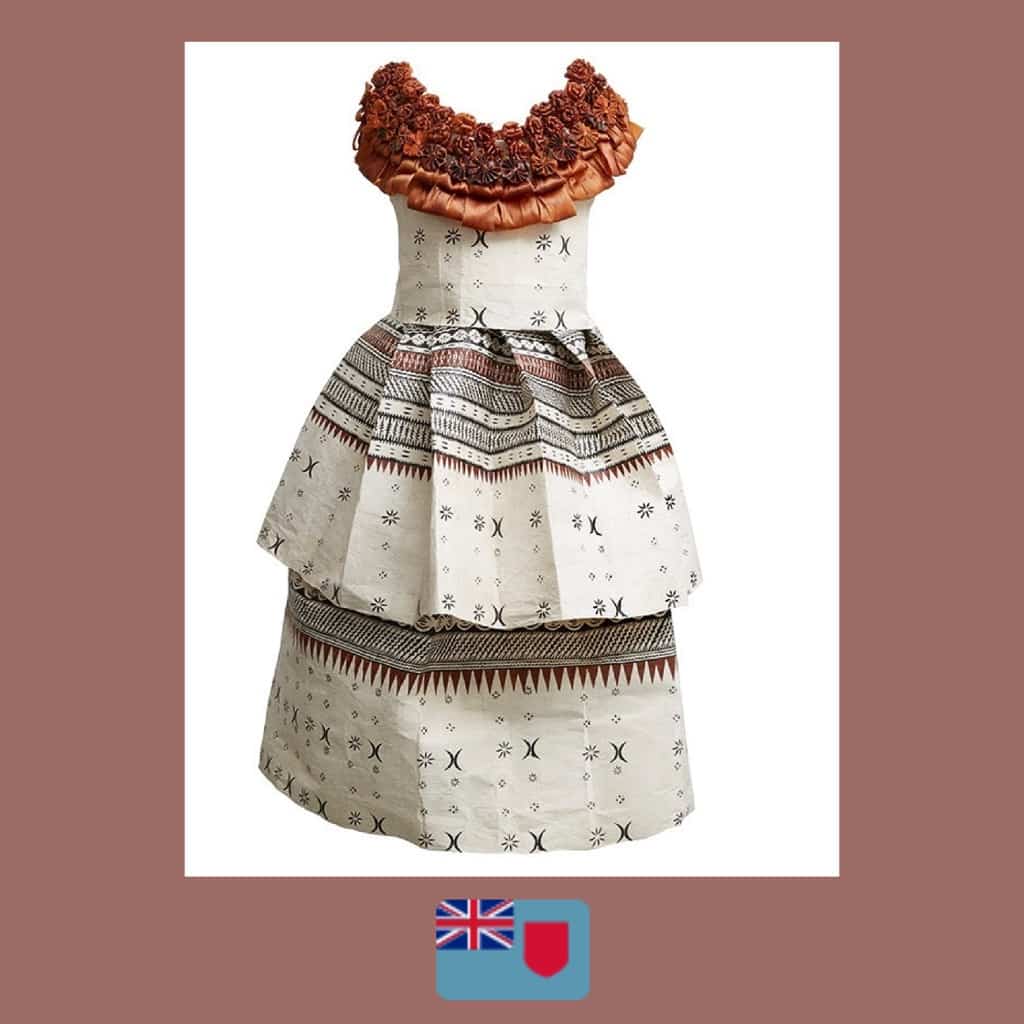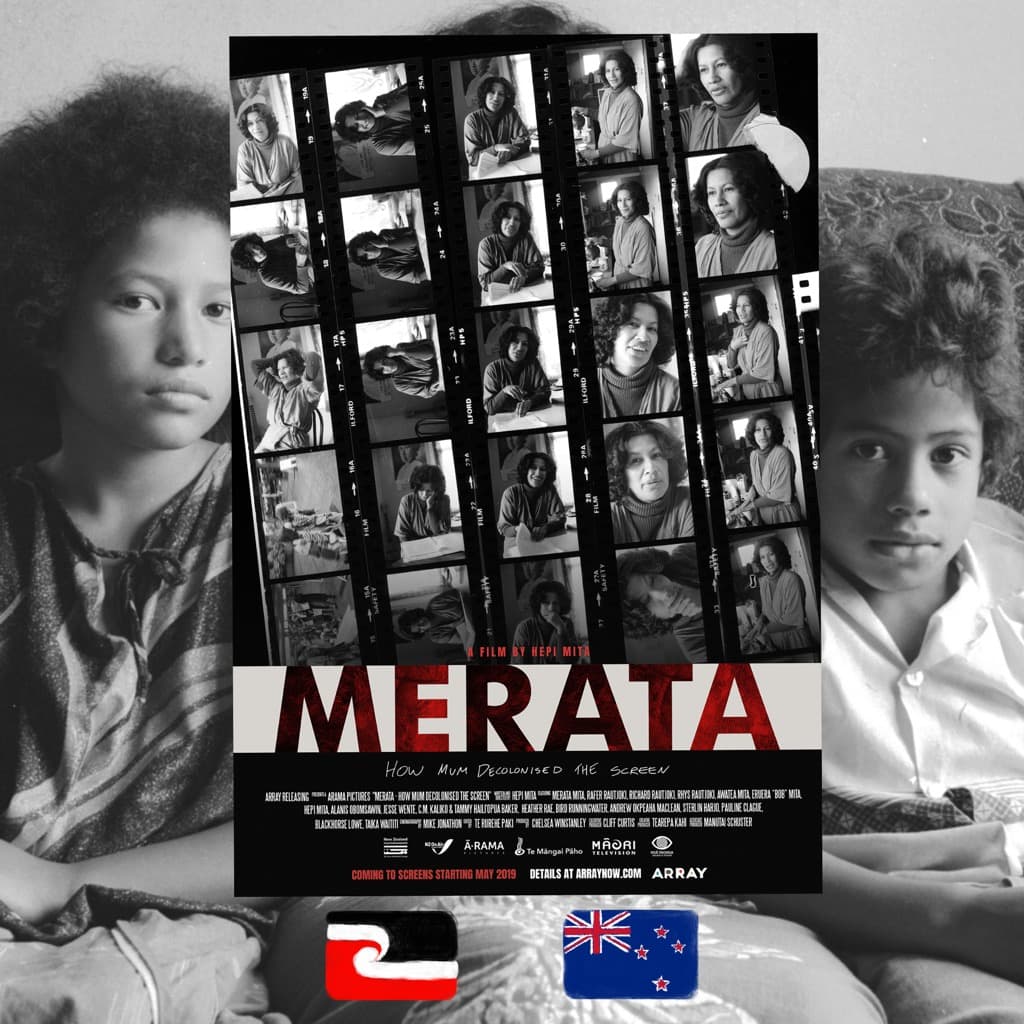While reclaiming his culture from the Tiki bars, Samoan poet and artist dwells on his fa’afafine identity, his family history within colonialism and the enchanting environment of Tutuila island
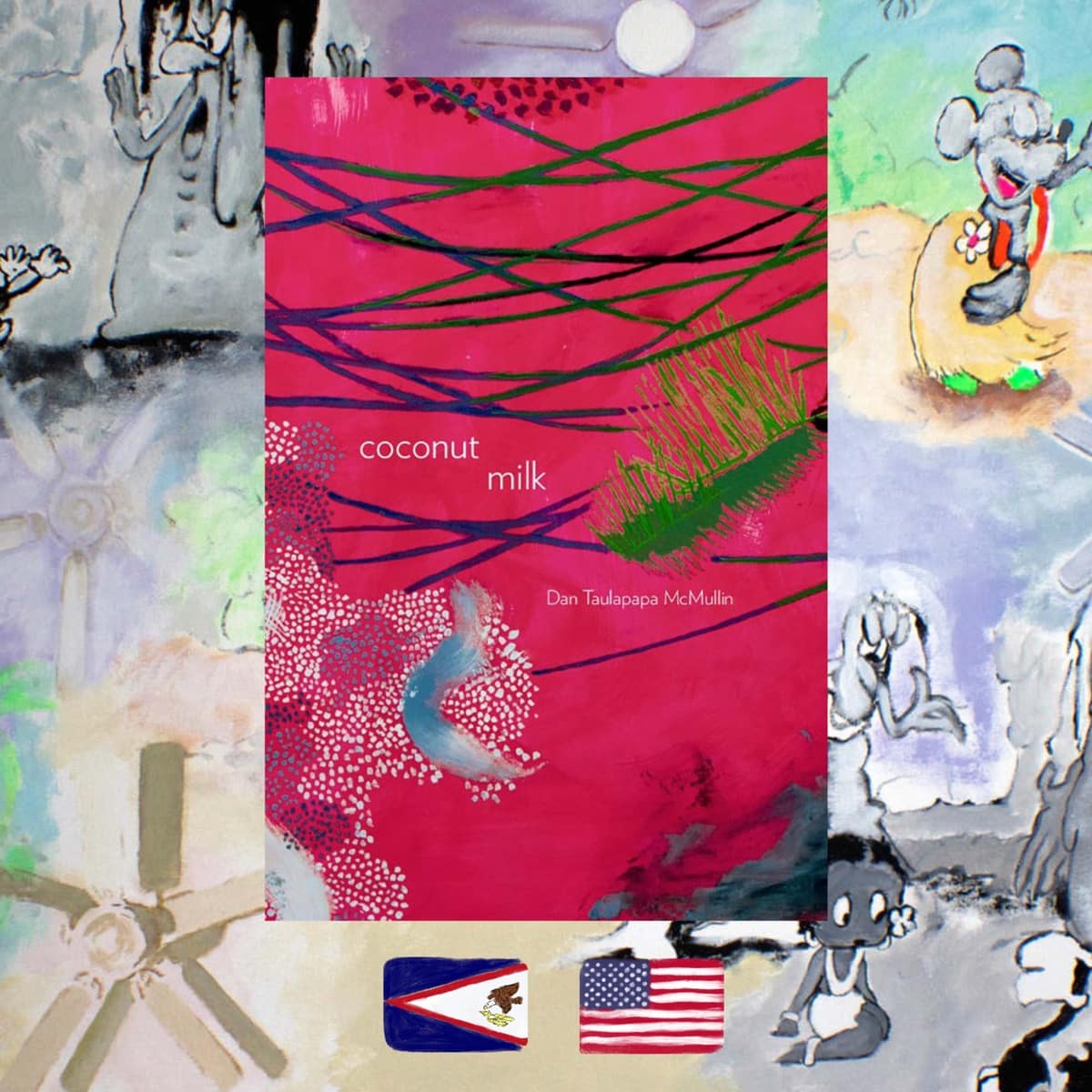


FROM SĀMOA AMELIKA and UNITED STATES
WHAT IT’S ABOUT: Spread across the ocean, from the shores of Tutuila Island in American Samoa to Laguna Beach in California, from the cold northern shores of Mississippi in Minneapolis to the military encampments in Japan and Germany, Dan Taulapapa McMullin’s identity is vast, soaring and disorienting to the uninitiated. But when laid out in this effervescent collection of poems, it becomes a breathtaking journey into what it means to be queer, indigenous, Polynesian, colonized and decolonized, pigeonholed, and unexplored, transient and stationed, but above all, sensual, aware, and proudly Samoan. Taulapapa McMullin takes inspiration from his Samoan heritage and nonbinary fa’afafine identity, as well as the histories of his people and relatives in dealing with the colonizing forces. Then, he mixes them with lived experiences of desire, exoticization, and fascination. Strings of crystal clear, resonant poems are thus created, and they show: there can be no world-building without stereotype demolishing.
WHO MADE IT: Dan Taulapapa McMullin was born in a military family, but spent most of his childhood on the island of Tutuila in his native Sāmoa Amelika, before leaving for college in the States, where he also got his MFA. Initially employed in the performance art industry, Taulapapa McMullin finally decided to focus on literature and visual art, which he has since taught. In addition to poetry, he has also written a children’s book, “My Name is Laloifi” as well as “Samoan Queer Lives,” a collection of oral histories, written along with Japanese-Samoan artist Yuki Kihara. Alongside his Samoan heritage, queerness takes up a big part of Taulapapa McMullin’s artistic inquiry: he identifies as fa’afafine, which, alongside fa’afatama, is the traditional third gender in Samoan culture, also known by other names across Polynesia. Neither specifically a trans identity, nor one connoting sexual preference, it’s approximated as genderqueer in English.
In addition to writing, Taulapapa McMullin also makes visual art and short films similarly centered around the fa’afafine experience and the appropriation of Samoan culture.
WHY DO WE CARE: Even though he has other types of blood running in his veins, Taulapapa McMullin manages to embody Samoa Amelika’s culture so well precisely because his existence mirrors the territory’s history: a military, religious upbringing, and a process of decolonization and coming back to the roots as an adult. His poems are all sourced and beaded from specific encounters, childhood memories, family history, and profound reflections. Taulapapa McMullin’s aunt, a Polynesian film pioneer Tutasi Wilson, finds an adversary in Bette Davis while on her quest to overcome racism in Hollywood in the first half of the 20th century. The poet himself gets lost in the thicket of desire as rumors about Robert Louis Stevenson’s affinity for the island youths fill the air. Longing and beauty are encountered along with a group of Samoan fishermen, as queerness appears tenderly embedded in the local culture. Meanwhile, a trip to a Tiki bar prompts a manifesto of rejection, as Taulapapa McMullin rages against the commodification of the many beloved markers of his culture that have become trivialized and void of the meaning. Reading “Coconut Milk” is akin to having an honest conversation with someone whose culture you want to embrace lovingly but respectfully. It is an invigorating experience that enlightens and makes you deeply reconsider your choices, where you can feel the cobwebs coming off of the brain and heart.
WHY YOU NEED TO READ: “Coconut Milk” is a rare opportunity to become immersed in Samoan culture in a pure, unadulterated, and refreshing way where harmful colonial cliches are dismantled, and the authentic cultural markers are revealed. It begins with Taulapapa McMullin’s own painting reinterpreting the traditional motifs of Polynesian art on the cover—by merely looking at them, one gets a more nuanced view of what the visual markers of Polynesia are and how they exist in their non-coopted, non-disneyfied iteration. The poems, enticing and accessible, yet brimming with a delicious complexity, do the same but on a linguistic level. Taulapapa McMullin’s way with words is easy, and the verse pleasantly flows, but the layers that are revealed upon reexamination suck you in deeper. Taulapapa McMullin doesn’t try to hide the dazzling brightness of his paradise-like home. However, he reclaims it for his own purposes, strips the foreign hubris off of it, and lets it shine.
In one of the poems, Taulapapa McMullin asks: “What is the West? Asia is West of Samoa, America is East of Samoa, Europe is the far East”. This initial disorientation leads to a new contextualization of culture, where the colonial understanding of the world’s coordinates does not suffice anymore. The center of the world is where we’re at. And with Dan Taulapapa McMullin’s gentle guidance and fierce imagination, it’s right there—where the cacao fruit has seeds you can suck on, where yams are wrapped in banana leaves fresh from the market, and the sour sweetness of desire permeates the air. And where Pipi, a bat from the eponymous poem, who once was a cannibal fa’afafine, flutters her wings.
Dan Taulapapa McMullin, Coconut Milk
For more content like this sign up for our weekly newsletter


